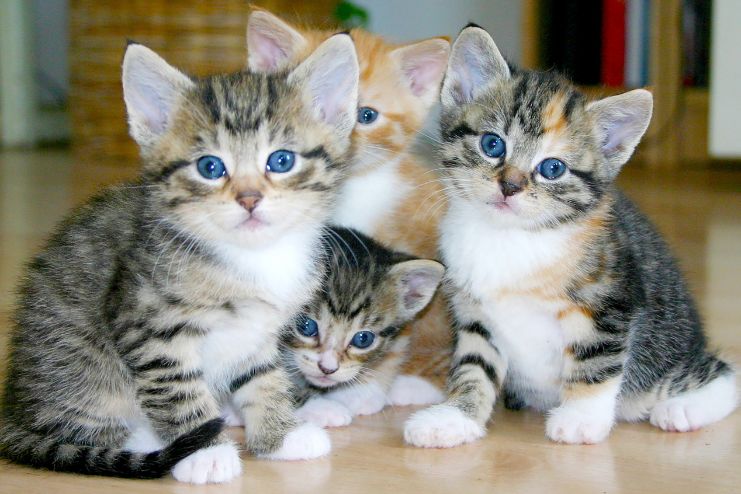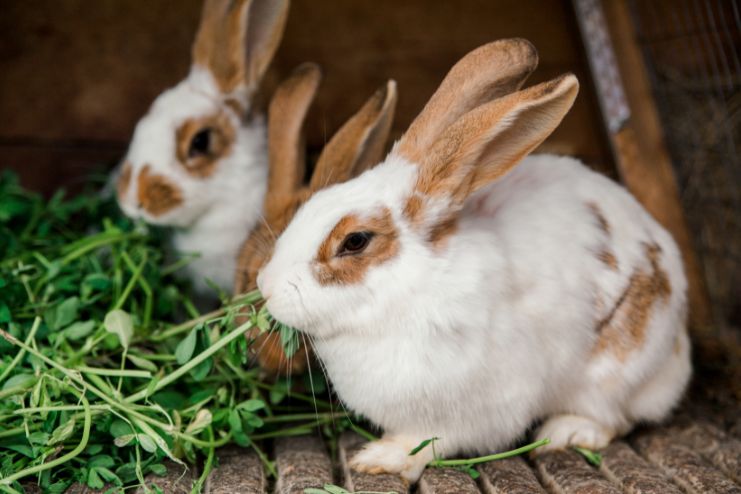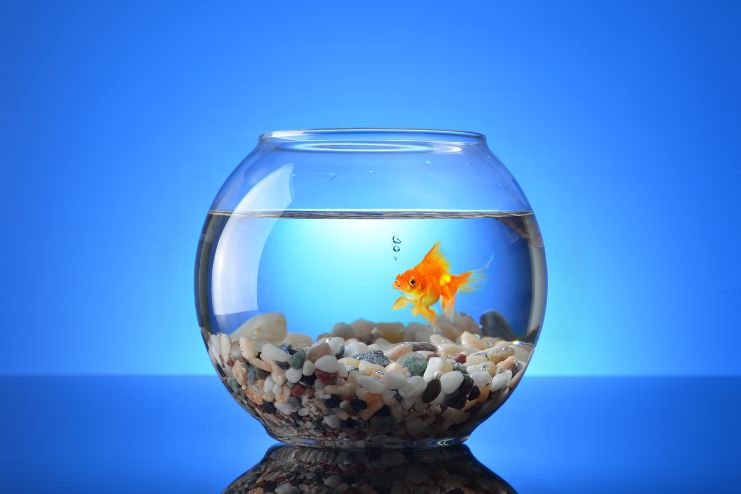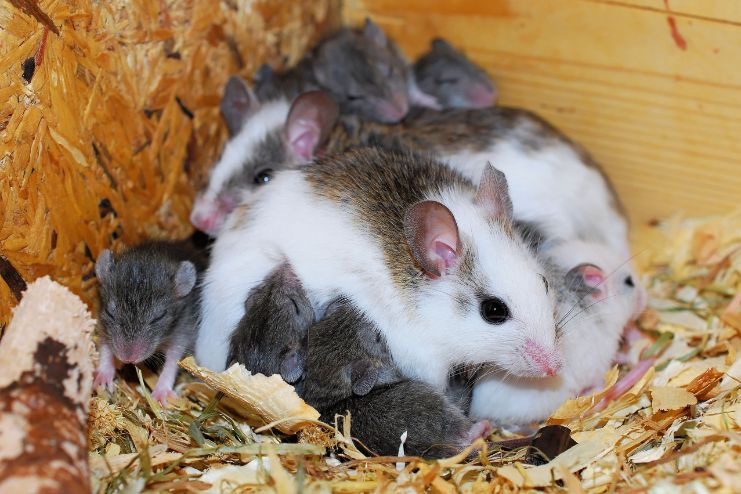Affiliate Disclaimer
Some links in this article are affiliate links. We may earn a small commission if you make a purchase through these links, at no extra cost to you. We only recommend products we find useful to our readersHave you ever considered that a furry companion could be the key to easing depression?
Depression can be a crippling condition that impacts all facets of life, including energy levels, social relationships, and mental health in general. It can be challenging to find joy in routine tasks when dealing with feelings of despair, loneliness, and anxiety.
While medication and therapy are essential in managing depression, there’s another powerful tool that’s often overlooked: the companionship of a pet.
In addition to providing emotional support, companionship, and unconditional love, animals can lower stress, reduce loneliness, and encourage physical activity.
Our furry friends, whether devoted dogs, cozy cats, or tiny creatures with charming personalities, can offer warmth and security in trying times.
In this article, we will discuss the six amazing pets that can cheer up and encourage those who are depressed. These animals all possess certain traits that help improve moods, foster friendship, and give a feeling of direction. Let’s get started!
Read More: Postpartum Depression vs. Baby Blues: Understanding the Differences
The Therapeutic Power of Pets
Imagine coming home from a long, demanding day of chores, homework, or a challenging job that has left you feeling burdened. A four-legged companion greets you at the door, tail wagging with sheer delight, just when you think you can’t move another step. Then everything changes. A faithful friend reminds you of the straightforward joy of companionship, and the tension melts away.
Humans and animals have had a relationship for thousands of years. Humans and cats have a long history together, even though people domesticated dogs earlier. The ancient Egyptians revered cats as emblems of elegance and pest protection.
Many civilizations have accepted different animals as friends over time because they understand how happy and reassuring they can be. Pets are now valued family members who offer emotional support in addition to being animals.
Studies have demonstrated that interacting with animals lowers blood pressure and cortisol levels, reducing stress. Research has also shown that animals can improve one’s mood, reduce loneliness, and increase feelings of social support.
People who are coping with a serious medical or mental health issue may experience a great deal of stress, which may hamper their recovery. People find comfort in animals; interacting with them can hasten and facilitate healing.
Spending quality time with your pets can enhance mental wellness. In recent years, more and more professionals have recommended animal therapy, which uses trained animals to assist those in need.
1. Dogs: Man’s Best Friend and Depression Ally

Dogs have been part of the human race for thousands of years and have shown their human counterparts loyalty, friendship, and unconditional love. Because of these qualities, dogs are known as “Man’s Best Friend,” which may also make them your favorite family member.
Beyond simply being a housemate, your dog can have a significant impact on your emotional life. Research has indicated that engaging with dogs can positively affect your physical and mental well-being and, in some cases, your body’s reaction. Therapy dogs have been used to apply these health advantages in medical offices and fields nationwide.
The CDC and Harvard Health have highlighted the numerous health advantages of owning and interacting with a dog for both individuals and their families.
Dogs offer a special kind of nonjudgmental assistance. Additionally, studies show that they improve mood, increase energy levels for up to ten hours after encounters, lower cortisol levels, and reduce people’s perceptions of stress.
Due to these effects, therapy dogs are increasingly common on many college campuses and in hospitals. Studies show that they lower subjective pain, boost positive hormones, and suppress negative ones, reducing the need for painkillers in some patients.
Read More: Emotional Burnout vs. Depression: How to Tell the Difference
2. Cats: Independent Companions with Soothing Vibes

There are unique benefits and challenges to living alone. Being alone can be calming but also make you feel lonely. Fortunately, people who live alone find cats to be great companions. They provide solace, company, and a sense of accountability without being too demanding.
One sophisticated and mysterious animal dominates the hearts of many people in a world full of varied options for animal companions: the cat. As pets and beloved family members, these elegant, self-reliant, and endlessly intriguing feline companions have become integral to our lives.
They provide the ideal ratio of love and independence, from their lively dispositions and calming purrs to their autonomy and low-maintenance requirements. In contrast to other pets, cats add warmth, mystery, and unending amusement to any home.
Even the most basic household items can be transformed into toys by cats, who are born entertainers. Their antics are always entertaining, whether squeezing into impossible-to-fit crates, chasing a laser pointer, or jumping on fictitious prey.
Due to their erratic energy spikes and subsequent sleep, cats are charming and intriguing. Watching a cat curiously investigate its environment is a delight in itself. A cat’s playful attitude can make even the most boring day funnier.
3. Rabbits: Gentle Companions for Relaxation

Being naturally sociable, rabbits typically thrive when they have a bunny friend. They will develop relationships with their humans, but these are not the same as those they would have with a rabbit partner. When one rabbit is ill, bored, lonely, or stressed, they will help another emotionally.
They enjoy sharing a box of hay or a large salad plate, sleeping on top of one another, and nuzzling and grooming one another. Seeing bonded bunnies together is the cutest thing ever! Rabbits form lifelong bonds when they do.
Kids frequently see rabbits as cute and fascinating. Children can readily handle these tiny creatures. Little children won’t have any issues with rabbits because they are calm. They are lively, inquisitive, and fun, so kids adore them. Because they help filter out dust and pollen, rabbits are also excellent for kids with asthma, allergies, and other respiratory issues.
Consider acquiring a pet rabbit if you’re trying to find ways to relax. Research indicates that having a pet lowers stress levels. Given that most pets are amiable beings who provide unconditional love, this makes sense.
Having a bunny around offers solace and relaxation if you live alone. Due to their low care needs and ability to alleviate tension, rabbits make excellent pets. Additionally, they are very gregarious creatures that flourish in communal settings.
Read More: Gratefulness Doesn’t Deter Signs Of Depression Or Anxiety, New Study Suggests
4. Fish: Serenity in a Tank

Even though fish don’t purr or hug, aquariums are growing in popularity for a reason. Many people find that fishkeeping provides unexpected mental health advantages, turning a simple pastime into a way to decompress and relieve stress.
The fascinating presence of our aquatic companions is at the core of fishkeeping. The human psyche is mesmerized by seeing fish in their marine world. Seeing gracefully swimming fish might help people relax and feel less stressed and anxious.
The aquarium’s calm atmosphere and the fish’s soft motions produce a calming atmosphere that is beneficial to mental health. Additionally, the repetitive nature of fish behavior provides a meditative element that promotes inner peace and calms the mind. Worries and problems vanish as one looks into the fish tank, replaced by a feeling of peace and calm.
Aquariums provide a multisensory experience that enhances mental and emotional health in addition to the aesthetic attraction of fish. Bubbling bubbles and running water produce a calming soundtrack that calms the spirit. Fish and plants moving rhythmically in the water provide balance and harmony, creating a serene atmosphere that soothes the mind.
5. Birds: Chirpy Companions for Mental Stimulation

Choosing a pet bird is an important decision that requires careful consideration of your lifestyle, care needs, and the bird’s temperament. If you’ve ever wondered whether your feathery companion might benefit from a friend, you’re not alone. Parakeets, known for their vibrant colors and lively personalities, are among the most popular choices for bird owners.
One of the unique joys of owning a single parakeet is the deep bond that forms between you and your feathered friend. As they become more reliant on your companionship, the connection you share can be incredibly rewarding. Your pet will eagerly anticipate your visits, looking to you as their primary source of interaction and engagement.
Parakeets are naturally friendly and love to interact with both humans and other birds. Their playful nature ensures there’s never a dull moment in the house, and they can be delightfully mischievous at times, adding plenty of fun to daily life.
These charming little birds quickly win over everyone in the family with their desire to be the center of attention. While they may require some training and socializing to become the best pets, their endearing antics and loving nature make the effort well worth it.
Read More: 14 Ways to Cope with Seasonal Depression for Sustained Mental Health
6. Small Rodents: Pocket-Sized Companions with Big Hearts

Although hamsters, guinea pigs, and gerbils are small rodents, their hearts are huge and full of love and affection. Because of their kind and social disposition, these furry friends are excellent emotional support animals for those who are depressed. Even the worst days can be brightened and cheered by their lively antics, velvety fur, and inquisitiveness.
Guinea pigs are exceptionally loving and enjoy interacting with others. They can identify their owners, react to sounds, and purr when happy. Even though hamsters are more autonomous, they can still develop strong relationships with their owners, especially when treated with kindness and consistency.
Observing them run around, investigate tunnels, or feed can be amusing and calming, providing a pleasant diversion from tension and pessimistic ideas. Small rodents’ large hearts and affectionate personalities demonstrate that even the most miniature pets may provide great emotional support, offering happiness and company to those most in need.
Choosing the Right Pet for You
Careful thought must go into choosing the ideal pet to provide emotional support for depression. Pets offer comfort and company, but they also have responsibilities that should fit your living situation, lifestyle, and personal tastes.
- Start by evaluating your daily schedule and level of energy. Dogs need frequent walks and playtime, so they might be a fantastic option if you like being outside and need motivation to be active.
- Your living area is also critical. While smaller pets like rabbits, hamsters, or even fish can live well in apartments, larger animals like dogs fare best in houses with yards.
- Finally, consider your personality and emotional demands. Dogs’ lively personality appeals to specific individuals, while cats’ peaceful presence soothes others. Hypoallergenic breeds or low-maintenance pets like fish or guinea pigs may be more appropriate if allergies or time constraints are an issue.
By carefully considering these factors, you can select a furry friend who complements your life and meets your requirements for love, comfort, and emotional support.
Read More: 5 Constructive Exercises To Beat Depression – Dive In And Do Them All!
Conclusion
The unconditional love of a furry friend may brighten even the darkest days, but depression can feel like a lonely journey. Animals provide solace in ways that words frequently cannot, whether through the endless energy of a dog, the calming purr of a cat, or the amusing curiosity of a guinea pig. Their companionship creates purpose and regularity, their affection reduces loneliness, and their presence offers stability—all crucial components in overcoming mental health issues.
In addition to their therapeutic advantages, pets serve as a reminder to appreciate the small things in life, such as a wagging tail, a tender nuzzle, or the sound of tiny paws exploring their surroundings. If you let a four-legged (or even pocket-sized) friend into your heart, you could find that healing combines fur, paws, and much love.
If you’re ready to bring a pet into your life, consider the positive impact they can have on your mental well-being. Take the first step towards healing by adopting a furry (or feathery) friend today and discover the joy, comfort, and companionship they offer.
References
- https://newsinhealth.nih.gov/2018/02/power-pets
- https://www.embraceu.com/2023/10/20/pet-therapy-the-healing-power-of-animals/
- https://news.sd.gov/news?
- https://thisibelieve.org/essay/154725/
- https://www.catsluvus.com/cat-grooming/the-best-cat-breeds-for-people-living-alone-companionship-and-care/
- https://www.afurryworld.com/why-cats-make-wonderful-companions
- https://theamazingtimes.com/reasons-cats-ultimate-companions/
- https://bunnylady.com/what-makes-rabbits-good-pets/
- https://rabbit.org/behavior/finding-your-rabbit-a-companion/
- https://beyondpets.com/pet_health/pet-rabbits-are-great-family-pet/
- https://www.vice.com/en/article/aquarium-therapy-good-for-health/
- https://www.kcl.ac.uk/news/feeling-chirpy-being-around-birds-is-linked-to-lasting-mental-health-benefits
- https://www.musiccare.org/-therapeutic-benefits-of-bird-song
- https://www.pawprintseasley.com/do-budgies-need-a-buddy-the-truth-about-social-birds/
- https://companionanimalwellnesscenter.com/exotic-animal-services/pocket-pets/
- https://gztsir.seesaa.net/article/503846596.html
In this Article















